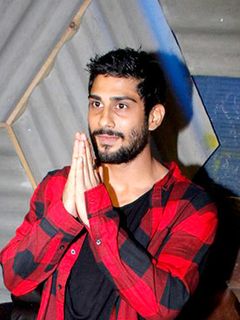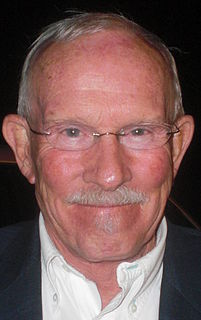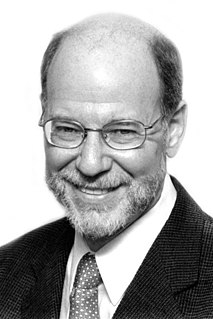A Quote by Garth Kravits
The documentary we are working on is about my mother, Bev Umehara, for whom our film company, Bev's Girl Films, is named after. It is a passion project that I have wanted to make since her unexpected passing in 1999. The film is about my mother's calling which came late in life, at 47, when she made the sudden transformation from a humble hardworking secretary and mother of four, into a labor activist, a respected union leader, and a role model for rank-and-file workers, women of color, and for all Asian Pacific Americans.
Quote Topics
About
Activist
After
Asian
Calling
Came
Color
Company
Documentary
File
Film
Films
Four
Girl
Hardworking
Her
Humble
Labor
Late
Leader
Life
Made
Make
Model
Mother
Named
Our
Pacific
Passing
Passion
Project
Rank
Respected
Role
Role Model
Secretary
She
Since
Sudden
Transformation
Unexpected
Union
Wanted
Which
Whom
Women
Workers
Working
Related Quotes
While the film [Hide and seek] is a work of fiction, I know many people, not just women, who have felt the way my character feels in the film, a certain kind of invisibility. I am grateful that my parents, Bev Umehara and Russell Chang, instilled a healthy sense of self-esteem in me from an early age.
My mother wanted to be a mother. That's the only thing she wanted from the bottom of her heart. She didn't want to be the number one actress - which she was - and she didn't want to be this great legend. All she wanted to be was a mother and she did but God took her away. So I always will empathise and sympathise with women.
One thing I did have under my belt was, my mother lost her mother when she was 11. She mourned her mother her whole life and made my grandmother seem present even though I never met her. I couldn't imagine how my mom could go on but she did, she took care of us, she worked two jobs and had four children. She was such a good example of how to conduct oneself in a time of grief. When I lost my husband, I tried to model myself as much as I could on her.
My mother is a huge fan of my work. I told her about 'Coraline' long before the film was made, and she got the book and read it. She reminded me that when I was about five years old, I used to sit in the kitchen for hours and talk about my 'other' family in Africa, my other mother and father. I had totally forgotten that.
Her mother died at the age of 29, essentially turning her face to the wall and deciding to die. And so we can only imagine the agony she felt. And Eleanor Roosevelt really wanted to make her mother happier, and - and to make her live, you know, make her want to live. And there's something about, you know, when your mother dies, this sense of abandonment. I think Eleanor Roosevelt had a lifelong fear of abandonment and sense of abandonment after her parents' death.
The idea of the book ["The Japanese Lover"] came in a conversation that I had with a friend walking in the streets of New York. We were talking about our mothers, and I was telling her how old my mother was, and she was telling me about her mother. Her mother was Jewish, and she said that she was in a retirement home and that she had had a friend for 40 years that was a Japanese gardener. This person had been very important in my friend's upbringing.
Her mother was a Christian Scientist who didn't believe in calling doctors. So when my mother caught whooping cough as a baby, stopped breathing and turned blue, her mother revived her by spanking her on the bottom. She saw life itself as a gift and saw her own survival as precious and a matter of chance.
Rilke has a very bizarre relationship to women because his mother had an older child, a girl who died when she was a baby. So when Rilke was born she named him Sophie and dressed him as a girl until he was 7. And psychologically, the repercussions of that made him the genius that he is. By the time he was 35, he was continuously falling in love with older women, mother figures, spiritual mothers.
Her [Eleanor Roosevelt] father was the love of her life. Her father always made her feel wanted, made her feel loved, where her mother made her feel, you know, unloved, judged harshly, never up to par. And she was her father's favorite, and her mother's unfavorite. So her father was the man that she went to for comfort in her imaginings.
The myth of independence from the mother is abandoned in mid- life as women learn new routes around the mother--both the mother without and the mother within. A mid-life daughter may reengage with a mother or put new controls on care and set limits to love. But whatever she does, her child's history is never finished.

































